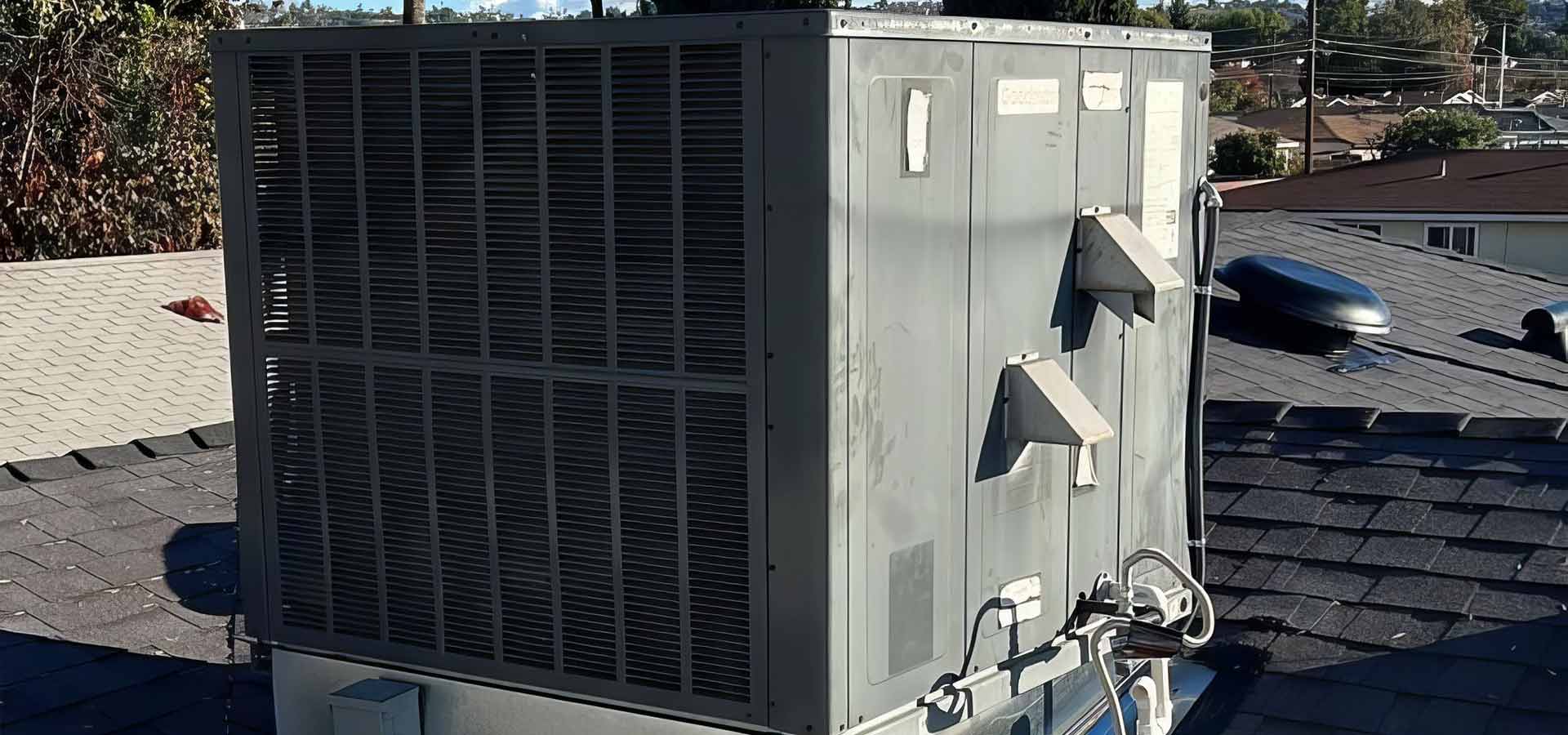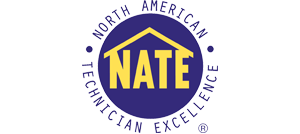For residents of Los Angeles, CA, a well-functioning HVAC system is essential these days for maintaining a comfortable living environment. However, like all appliances, HVAC systems have a finite lifespan, and there comes a time when it may be necessary to consider an upgrade. In this article, we’ll explore the key factors to consider when determining if it’s time to upgrade your HVAC system and the crucial aspects to keep in mind when choosing a new system.
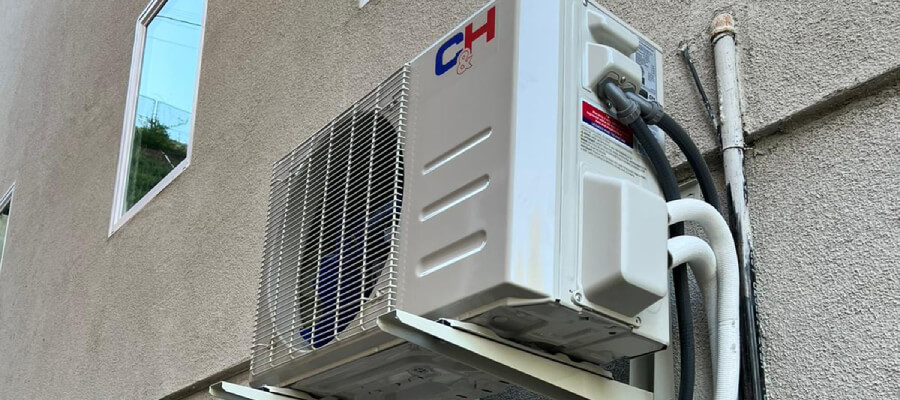
Signs It’s Time to Upgrade Your HVAC System
 Age of the system
Age of the system
Most HVAC systems have a lifespan of 15-20 years. If your system is nearing or has surpassed this age, it may be time to consider an upgrade, as older systems are less energy-efficient and more prone to breakdowns.
 Frequent repairs
Frequent repairs
If you find yourself consistently needing AC repair or other HVAC services, it could be a sign that your residential or commercial system is reaching the end of its useful life.
 Rising energy bills
Rising energy bills
As your HVAC system ages, it becomes less energy-efficient, leading to higher utility bills. An upgrade to a more energy-efficient system can save you money in the long run.
 Uneven heating or cooling
Uneven heating or cooling
If some rooms in your home are consistently too hot or too cold, it could indicate that your HVAC system is no longer able to effectively distribute air throughout your home.
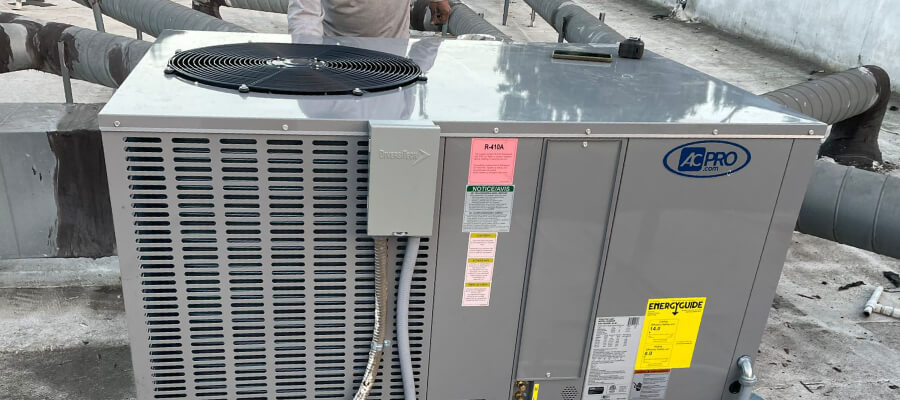
Factors You Should Consider When Upgrading Your HVAC System
 Energy Efficiency
Energy Efficiency
One of the primary reasons for upgrading an HVAC system is to improve energy efficiency. When selecting a new system, pay close attention to the Seasonal Energy Efficiency Ratio (SEER) for air conditioners and the Annual Fuel Utilization Efficiency (AFUE) for furnaces. Higher ratings indicate better efficiency, leading to lower energy bills and reduced environmental impact.
 Size of the System
Size of the System
Proper sizing is critical for ensuring optimal performance, energy efficiency, and indoor comfort. An HVAC system that is too small will struggle to maintain a comfortable temperature, while one that is too large can frequently cycle on and off, wasting energy and potentially causing uneven temperatures. A professional HVAC installation company can help you determine the appropriate size for your home or commercial space.
 Type of HVAC System
Type of HVAC System
There are various types of HVAC systems available, including central air conditioning, ductless, heat pumps, mini-split systems, and more. Each has its advantages and disadvantages, so it’s essential to research and consult with a professional to determine the best system for your specific needs and preferences.
 Additional Features
Additional Features
Modern HVAC systems often come with additional features, such as smart thermostats, zoning capabilities, and advanced air filtration. These features can enhance comfort, energy efficiency, and indoor air quality. Consider which features are the most important to you and weigh the costs and benefits when selecting a new system.
 Professional Installation
Professional Installation
Proper installation is crucial for ensuring your new HVAC system operates efficiently and effectively. Be sure to work with a reputable HVAC company in Los Angeles that specializes in installing the type of have chosen. A well-qualified company will be able to guide you through the process (step by step), from selecting the right system to providing expert installation and ongoing maintenance.
 Cost and Financing Options
Cost and Financing Options
Upgrading your HVAC system can be a significant investment. It’s essential to consider the overall cost of the new system, including installation, maintenance, and potential energy savings. Be sure to research available financing options, such as HVAC financing, which can help make the upgrade more affordable by spreading the cost over time.
 Warranty and Maintenance
Warranty and Maintenance
A good warranty can offer peace of mind, knowing that your investment is protected should any issues arise with your new HVAC system. Be sure to review the warranty terms and understand what is covered and for how long. Additionally, regular residential AC maintenance or commercial AC maintenance is crucial for keeping your system in top condition and prolonging its lifespan. When selecting a new system, consider the recommended maintenance schedule and the associated costs.
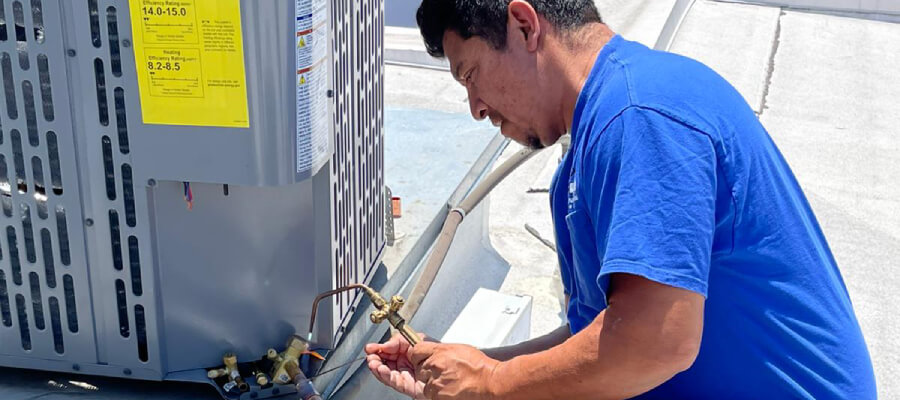
Frequently Asked Questions About Upgrading an HVAC System in Los Angeles
 How much does it cost to upgrade an HVAC system in Los Angeles?
How much does it cost to upgrade an HVAC system in Los Angeles?
The cost of upgrading an HVAC system varies depending on the type, brand, size of the system, and any additional features you choose to include. In general, the cost can range from $3,000 to over $10,000, including installation. It’s essential to get quotes from multiple reputable HVAC companies in Los Angeles to compare prices and find the best value.
 What is the most energy-efficient HVAC system available for Los Angeles residents?
What is the most energy-efficient HVAC system available for Los Angeles residents?
The most energy-efficient HVAC systems typically have high SEER ratings for air conditioners and high AFUE ratings for furnaces. Look for systems with ENERGY STAR certification, indicating that they must meet energy efficiency guidelines set by the U.S. Environmental Protection Agency. Heat pumps, which can heat and cool your home, are often considered an energy-efficient option for Los Angeles’ moderate climate.
 Can I upgrade only one part of my HVAC system, such as the air conditioner or furnace?
Can I upgrade only one part of my HVAC system, such as the air conditioner or furnace?
While it’s possible to upgrade only one component of your HVAC system, it’s generally recommended to replace both the air conditioner and furnace simultaneously. This ensures that both components are compatible and operate at peak efficiency, providing you with the best performance and energy savings.
 Do I need a permit to upgrade my HVAC system in Los Angeles?
Do I need a permit to upgrade my HVAC system in Los Angeles?
In most cases, you will need a permit to upgrade your HVAC system in Los Angeles. Your chosen HVAC contractor should be able to help you obtain the necessary permits and ensure that your new system complies with all local building codes and regulations.
 How long does it take to install a new HVAC system in Los Angeles?
How long does it take to install a new HVAC system in Los Angeles?
The time it takes to install a new HVAC system depends on the complexity of the installation and the type of system being installed. On average, it takes one to three days to complete an HVAC system installation. However, this timeline can vary depending on factors such as the availability of the HVAC contractor, the need for additional ductwork or electrical work, and any unexpected issues that may arise during the installation process.
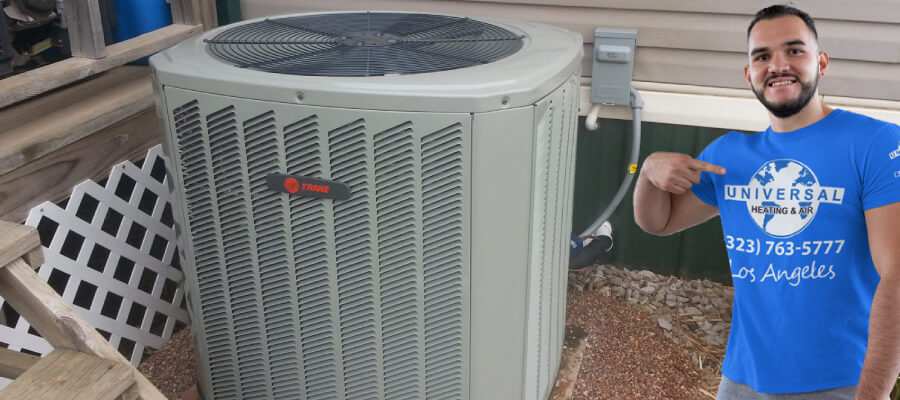
Top 5 Energy-Efficient HVAC Brands and Why They Stand Out
When it comes to energy-efficient HVAC systems, several brands have made a name for themselves by delivering top-quality products with excellent performance and reduced environmental impact. Here, we’ll explore the top five energy-efficient HVAC brands and discuss why they stand out in the industry.
 Trane
Trane
Trane is renowned for its reliability and high-quality HVAC systems. The company offers a range of energy-efficient products, including air conditioners, heat pumps, and furnaces, many of which have earned the ENERGY STAR certification. Their top-tier models, such as the Trane XV20i Variable Speed Air Conditioner, boast impressive SEER ratings of up to 22. Additionally, Trane’s patented technology, such as the Climatuff compressor and Spine Fin coil, contributes to their systems’ durability and efficiency.
 Carrier
Carrier
As one of the oldest and most established HVAC brands, Carrier has a reputation for producing cutting-edge, energy-efficient systems. Their Infinity series, which includes air conditioners, heat pumps, and furnaces, is known for its exceptional efficiency and performance. The Carrier Infinity 26 air conditioner, for example, has an industry-leading SEER rating of up to 26. Carrier also utilizes Greenspeed Intelligence technology to optimize energy usage and provide precise temperature control.
 Lennox
Lennox
Lennox is a leading HVAC brand that focuses on innovation and energy efficiency. Their Signature Collection boasts some of the most energy-efficient models on the market, such as the Lennox XC25 air conditioner with a remarkable SEER rating of up to 26. Lennox also offers the SunSource Home Energy System, which integrates solar power with their HVAC systems to further reduce energy consumption and environmental impact.
 Daikin
Daikin
As a global leader in the HVAC industry, Daikin offers a wide range of energy-efficient heating and cooling solutions. Their air conditioners and heat pumps, such as the Daikin DX20VC, feature inverter technology that allows for precise temperature control and reduced energy usage. Many of their products have earned the ENERGY STAR certification, and Daikin also places a strong emphasis on using environmentally friendly refrigerants, such as R-32, to minimize their systems’ environmental impact.
 Mitsubishi Electric
Mitsubishi Electric
Mitsubishi Electric is a pioneer in the ductless mini-split HVAC systems, known for their energy efficiency and versatility. Their Zoned Comfort Solutions provide targeted heating and cooling, allowing for precise temperature control and reduced energy consumption. Many Mitsubishi Electric models have high SEER and HSPF ratings, with their top-of-the-line models featuring inverter-driven compressors for increased efficiency and performance.
These five brands have distinguished themselves as leaders in energy-efficient HVAC systems through their commitment to innovation, advanced technology, and sustainable practices. When considering an HVAC upgrade, it’s essential to research and compare various models from these reputable brands to find the best fit for your needs and preferences.
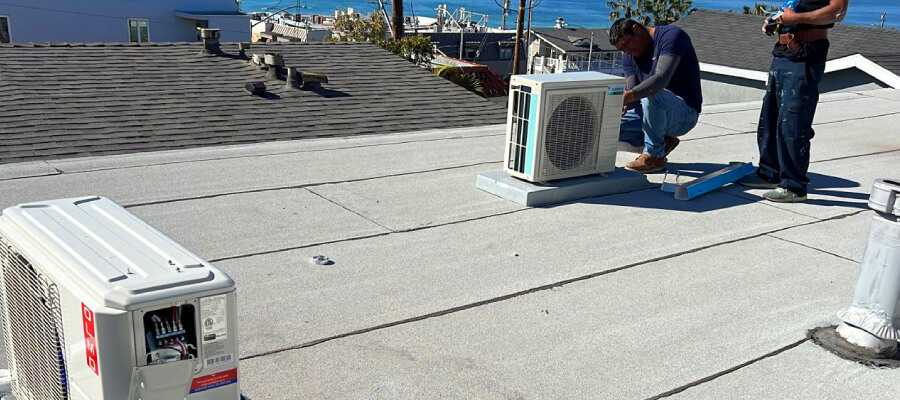
Conclusion
Upgrading your HVAC system is a significant decision that can greatly impact your home or commercial space’s comfort, energy efficiency, and overall cost of operation. By considering the factors discussed above and working with a reputable HVAC company in Los Angeles, you can make an informed decision and enjoy the benefits of a modern, efficient, and reliable HVAC system.

